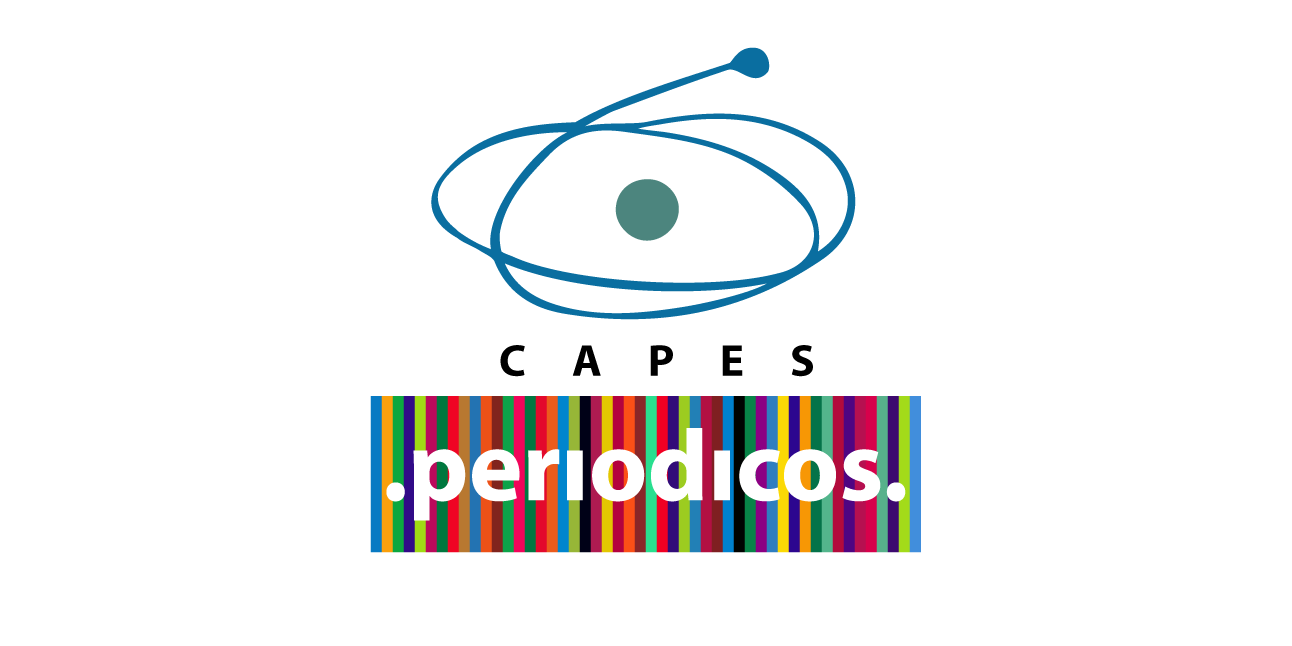ATLAS LINGUÍSTICO DO AMAPÁ: UM RECORTE DA VARIAÇÃO LEXICAL NO FALAR AMAPAENSE
DOI:
https://doi.org/10.17765/1518-1243.2018v20n2p171-180Palavras-chave:
Variação linguística, Atlas linguístico, Variantes lexicaisResumo
Este estudo objetiva evidenciar alguns casos de variação lexical observada em determinadas cartas do atlas linguístico do Amapá – ALAP. A análise dos dados lexicais segue os pressupostos teórico-metodológicos da sociolinguística, da dialetologia pluridimensional e da geografia linguística; dessa forma, a imagem projetada sobre a variação na língua, não se limita ao aspecto geográfico, mas também considera fatores sociais como aspectos relevantes no registro da diversidade lexical. A coleta de dados ocorreu em dez localidades do Estado do Amapá, por meio da aplicação de um questionário semântico-lexical, composto por 202 questões, distribuídas em 14 campos semânticos. Foram ouvidos 40 falantes no total, quatro por cidade; os resultados apresentados no ALAP demonstram o perfil da variação lexical das localidades investigadas e fornecem um panorama da produtividade de determinados itens no vocabulário amapaense. Para este trabalho, apresenta-se um recorte desse perfil, por meio de três itens lexicais considerados produtivos, em termos de variantes, e, que foram retratados em três cartas linguísticas do referido atlas.Referências
ARAGÃO, M.S.S. de. Estudos Dialetais e Sociolinguísticos do português do Brasil. Littera, São Luís, v. 1, n. 3, p. 7-25, 2001.
ARAGÃO, M. S. S. de. O Léxico da Região do Norte do Brasil. In: ARAGÃO, M. S. S. (Org.). Estudos em Lexicologia, Lexicografia, Terminologia e Terminografia. Fortaleza: UFC/Mídia, 2009. p. 71-86.
BAGNO, M. Nada na língua é por acaso: por uma pedagogia da variação linguística. São Paulo: Parábola, 2007.
BIDERMAN, M. T. C. As ciências do Léxico. In: OLIVEIRA, A. M. P. P.; ISQUERDO, A. N. (Org.). As ciências do léxico: lexicologia, lexicografia, terminologia. 2. ed. Campo Grande, MS: Ed. UFMS, 2001. p. 13-22.
BRANDÃO, S. F. A Geografia Linguística no Brasil. São Paulo: Ática, 1991.
CARDOSO, S. A geolinguística no terceiro milênio: monodimensional ou pluridimensional? Revista GELNE, Rio Grande do Norte, v. 4, n. 2, 2002. Disponível em: <https://periodicos.ufrn.br/gelne/article/view/9088>. Acesso em: 07 dez. 2017.
CARDOSO, S. Geolinguística: tradição e modernidade. São Paulo: Parábola, 2010.
FERREIRA, C.; CARDOSO, S. A Dialetologia no Brasil: metodologia do trabalho dialetal, inquérito linguístico e atlas dialetológico, regionalismos léxicos. São Paulo: Contexto, 1994.
FREITAG, R. M. K. Idade: uma variável sociolinguística complexa. Línguas & Letras. v. 6, n. 2, p. 105-121, 2005.
IBGE – Censo Demográfico 2017, Estado do Amapá. Disponível em: <http://www.ibge.gov.br/estados>. Acesso em: 20 fev. 2018.
ISQUERDO, A. N. Vocabulário do seringueiro: campo léxico da seringa. In: OLIVEIRA, A. M. P. P.; ISQUERDO, A. N. (Org.). As ciências do léxico: lexicologia, lexicografia, terminologia. Campo Grande, MS: Ed. da UFMS, 2001. p. 91-100.
OLIVEIRA, Ana Maria Pinto Pires de. Regionalismos brasileiros: a questão da distribuição geográfica. In: OLIVEIRA, A. M. P. P.; ISQUERDO, A. N. (Org.). As ciências do léxico: lexicologia, lexicografia, terminologia. Campo Grande, MS: Ed. da UFMS, 2001. p. 109-115.
PAIM, M.M.P. A variação lexical do português falado no Brasil: reflexões sobre o campo semântico vestuário e acessórios nos dados do Projeto ALiB. In: VI SIMPÓSIO INTERNACIONAL DOS ESTUDOS DOS GÊNEROS TEXTUAIS, 2011, Natal. Simpósio Internacional de Estudos dos Gêneros Textuais, 6., 2011. Anais eletrônicos... Natal, UFRN, 2011. Disponível em: <https://alab.org.br/vi-simposio-internacional-de-estudos-dos-generos-textuais>. Acesso em: 22 jun. 2018.
RAZKY, A.; RIBEIRO, C. M. da R.; SANCHES, R. D. Atlas linguístico do Amapá. São Paulo: Labrador, 2017.
Downloads
Publicado
Como Citar
Edição
Seção
Licença
A Revista se reserva o direito de efetuar, nos originais, alterações de ordem normativa, ortográfica e gramatical, com o intuito de manter o padrão culto da língua, respeitando, porém, o estilo dos autores. As opiniões emitidas pelos autores são de sua exclusiva responsabilidade.Juntamente com o e-mail de aceite (para casos de aprovação) será encaminhado modelo da Carta de Direitos Autorais que deverá conter o nome completo dos autores, bem como dados de documentos pessoais e assinada por todos os autores e coautores envolvidos no trabalho.
Autores mantém os direitos autorais e concedem à revista o direito de primeira publicação, com o trabalho simultaneamente licenciado sob a Licença Creative Commons Attribution CC-BY-NC que permite o compartilhamento do trabalho com reconhecimento da autoria e publicação inicial nesta revista.










